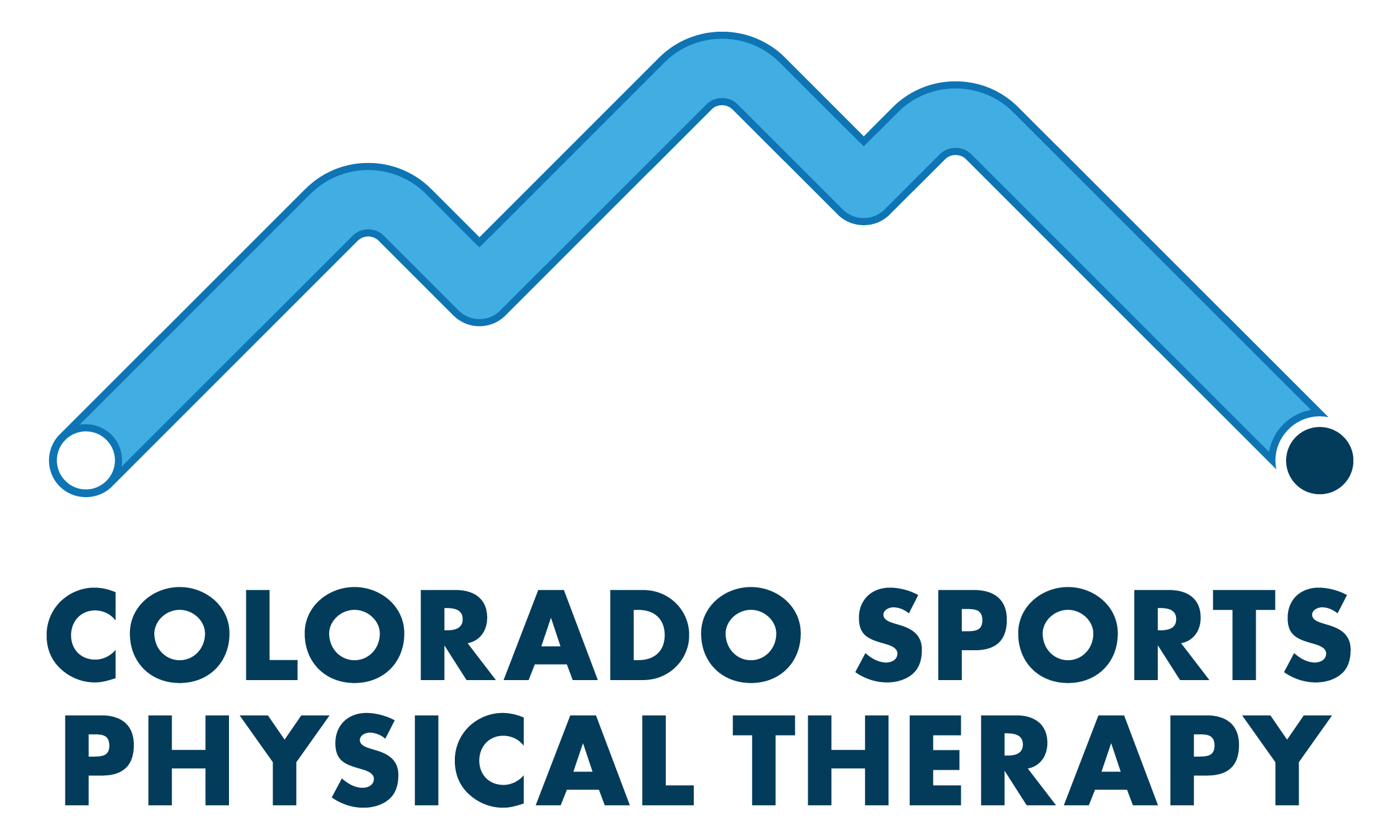8 Tips to Improve Sleep Hygiene
A few weeks back, we posted a blog about the importance of sleep in relation to injury recovery and prevention. Lack of quality sleep can mean significant and detrimental changes in functions ranging from executive judgement to sports performance to nutritional choices. With our previous blog, we left one large question unanswered: How do I improve my sleep hygiene? If you think sleep hygiene may be one of your weaknesses, consider the following list of habits to help improve your quality of sleep and facilitate your body’s ability to recover and re-energize:
Adopt a sleep schedule and stick to it. Go to bed and wake up at the same time each day, regardless of the day of the week. Don’t be fooled into thinking that sleeping in on the weekends will make up for lack of sleep during the week!
Exercise! ...but avoid exercising 2-3 hours before bedtime as it can act as a stimulant to the central nervous system.
Avoid caffeine. Effects of caffeine can take as long as 8 hours to wear off fully, so being cognizant of the timing of caffeine intake is important for those who wish to improve their sleep hygiene.
Avoid alcoholic beverages before bed. While a glass of wine may help you relax after a long day, it can have a negative impact on your ability to obtain REM sleep, which is the deep, restorative cycle of sleep.
Limit screen time 1-2 hours before bedtime. This will allow your brain to “declutter” and help you control the images and messages entering your consciousness.
Relax before bed! Schedule your day in a way that allows you time to unwind at the end of the day. Consider activities such as reading, listening to music, taking a warm bath, or meditating to help you slow down before your bedtime.
Turn your thermostat down. As you sleep, your core body temperature drops. Falling asleep with ambient temperatures on the cooler side can help facilitate this drop in body temperature and help you fall asleep faster. Between 60-67 degrees Fahrenheit is the suggested temperature range to facilitate falling and staying asleep, according to the National Sleep Foundation.
Don’t lie in bed awake! Developing anxiety about not being able to sleep can be counterproductive to falling asleep. If you cannot fall asleep after 20 minutes, get up and do a relaxing activity of your choice until you feel tired.
In the New York Times Bestseller Why We Sleep by Matthew Walker, he states that “the best bridge between despair and hope is a good night’s sleep”. In uncertain times, we thought there couldn’t be a better time to remind our community to take care of themselves and to not overlook the simple things such as the importance of a good night of sleep. If you feel sleep hygiene may be one of your weaker links, consider scheduling an initial evaluation with one of our physical therapists to gain a better understanding of how sleep hygiene and other factors may plan a role in rehabbing and preventing injuries!
*This blog is not intended to be used as medical advice.*
Reference: NIH Medline Plus. Bethesda, MD: National Library of Medicine; summer 2012. Tips for Getting a Good Night’s Sleep.
